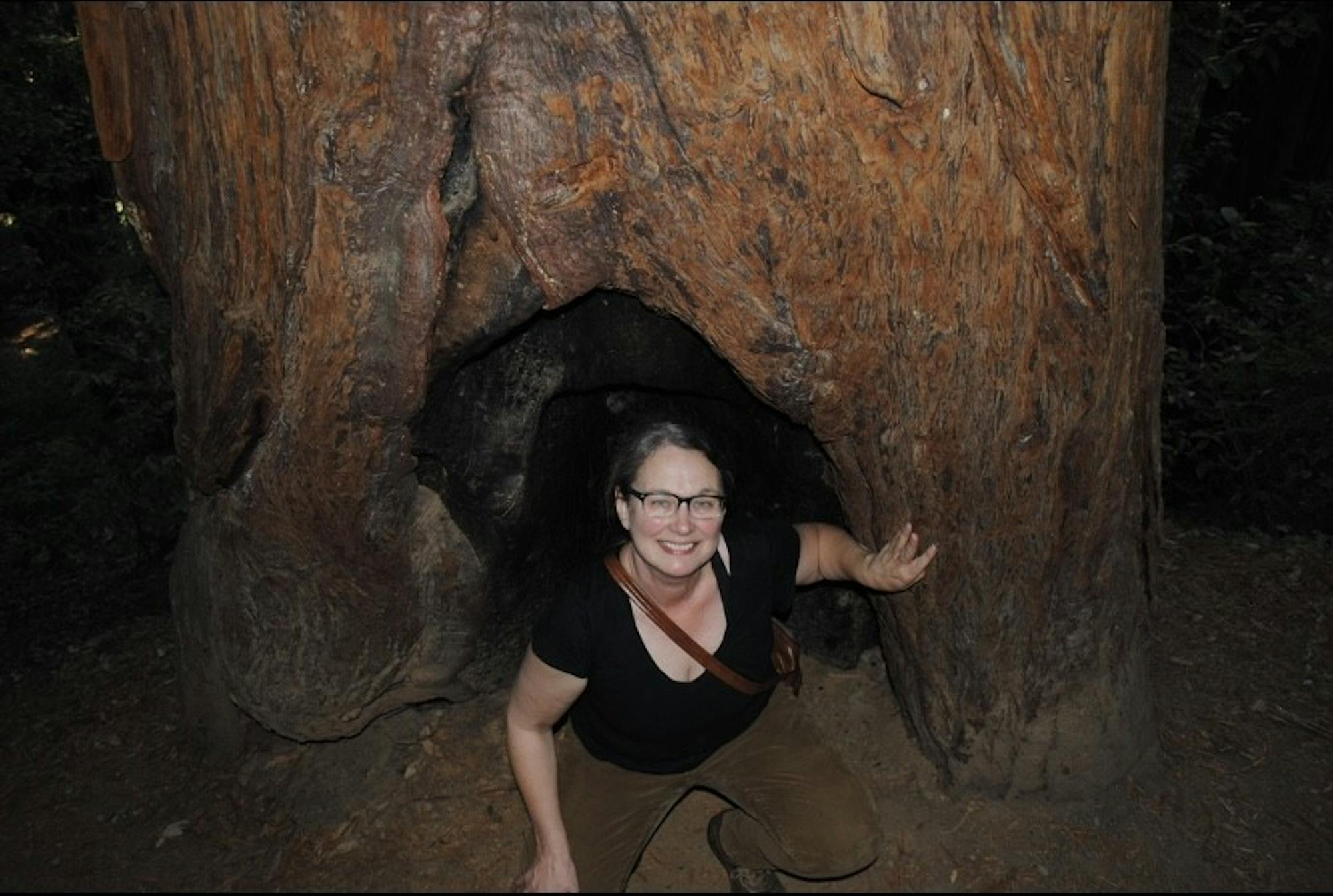A sixth-generation Vermonter, Vicki Sayarath dedicated her life to improving the nutrition and health of her community through research, often navigating a male-dominated field. Before her death on Nov. 14, 2022 at age 61, she spent 17 years conducting research at the Geisel School of Medicine’s Epidemiology department and raised two daughters — Maya and Melanie — with her husband, Bouaketh John Sayarath.
“She was selfless and uplifted countless people throughout her life,” John said.
Melanie Sayarath, John and Vicki's daughter, said that her mother grew up in the 1970s when it was still uncommon for most young women from her Vermont community to consider higher education after graduating high school.
“She always defied and challenged people's expectations of her,” Melanie said.
Though her guidance counselor discouraged her from pursuing a college education, Sayarath got a B.S. in Nutrition and Food Sciences from the University of Vermont and then a Masters in Public Health from the University of Minnesota.
“She developed an incredibly ambitious, resilient and tenacious mind and spirit,” Melanie said of her mother’s education.
Melanie described her mother as a “trailblazer at all different junctures in her life.” As a young woman, Sayarath published unprecedented research on nutrition in the rural communities of northeast Vermont. In her professional and personal life, Sayarath pushed for women's empowerment: She was always determined and resilient and was undeterred by gender-bias in her field, Melanie said.
After marrying John, who is from Laos, Sayarath committed herself to uplifting the Laotian community in the United States. During the Vietnam War, when the conflict spilled over to Laos, Melanie said that her parents supported Laotian families that were torn apart by the war as they established themselves in the United States and “pushed for efforts” to assist Laotian immigration to the United States.
Sayarath, with six generations of local ancestry, was a champion for rural New England in her professional life, according to her family.
“She was really interested in the way that the role of nutrition and different environmental factors affect the etiology of chronic diseases that are predominant in the Northeast region of New Hampshire and Vermont,” Melanie said.
John said that his wife raised well over three million dollars for rural community health in northeast Vermont.
Project coordinator of the ongoing New Hampshire Birth Cohort Study Joan Robie-Dieter, who worked closely with Sayarath, described her as a “genuinely kind and gentle woman.” Robie-Dieter said that the two studied how environmental contaminants, specifically arsenic in baby food, affect the health of pregnant women and their children. Their study began in 2009 and has enrolled over 1,500 pregnant women living in New Hampshire and Vermont. The short and long term consequences of exposure to environmental contaminants during pregnancy is vitally important but understudied in this region, according to the study website.
Geisel epidemiology professor Margaret Caragas said that scientists have focused on pregnant women in regions of India and Africa, but attention had not previously focused on the rural United States before Sayarath’s research. She added that it was “really important” to Sayarath to share research with local communities through pamphlets, outreach and social media.
“Her passion was bringing the research back to communities and making sure that we're not just these disconnected scientists,” Caragas said.
Robie-Dieter said that Sayarath exhibited a “quiet strength through calmness.”
“We both shared a North Country upbringing,” Robie-Dieter shared. “Throughout the course of many meetings, every now and then we’d catch each other's eye and just kind of smile, wondering just how we got all the way here from the North Country.”
Sayarath was also an avid photographer and creative writer, according to her husband. In 2016, Sayarath joined John on a trip to Southeast Asia, where she discovered artistic inspiration all around her. Her husband said she photographed the poorest Laotians, capturing the beauty of their lives that others may have never thought to look for. She invariably saw the best in those around her.

Sayarath captured this photo in northern Laos on a trip in 2016, according to her husband.
In her art and her research, Sayarath saw dignity in each life and uplifted underserved communities, according to John. Three of Sayarath’s photographs from Laos were shown in Dartmouth’s 2017 ArtWorks exhibition, which featured artists on Dartmouth’s staff.
“She was a driven, selfless person and as a mother was always working above and beyond to provide opportunities for my sister and I to succeed,” Melanie said of her mother. “We are biracial, and growing up in rural Vermont which is a very white state, she was always very open minded and made us feel confident and driven to overcome challenges.”
Sayarath’s colleagues plan to plant a tree in her memory on the Dartmouth-Hitchcock Medical Center grounds, according to Robie-Dieter.

Sayarath's photography was featured in a Dartmouth exhibition called "ArtWorks" in 2017.




